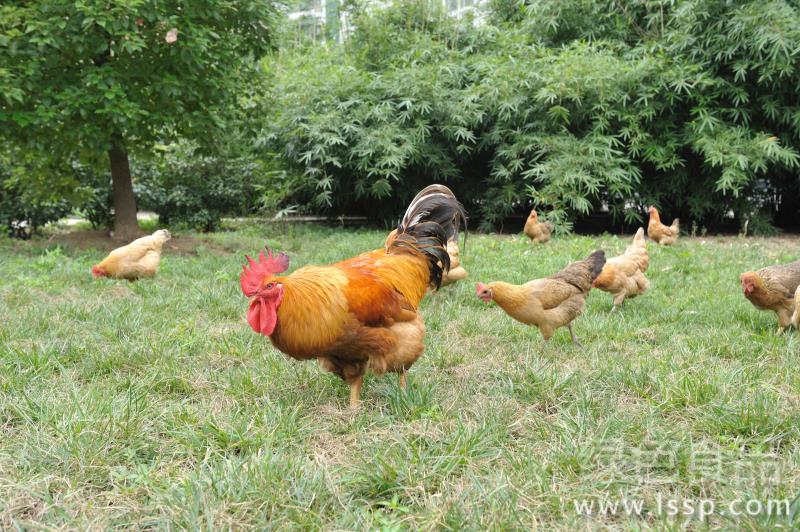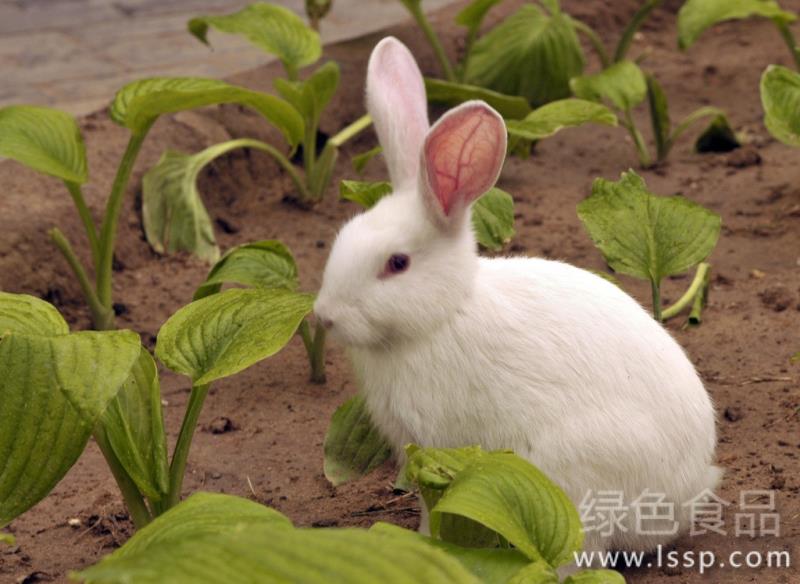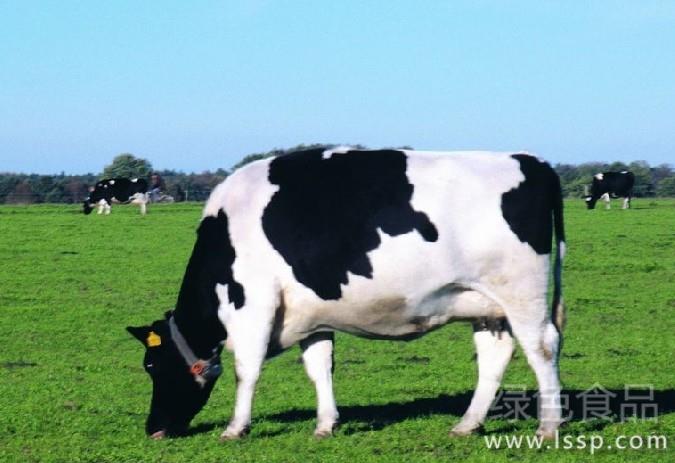How to prevent and cure the heat exhaustion of chickens with high temperature in summer
Heat exhaustion is a common disease of chickens in summer, which leads to acute death. According to the study, the optimum temperature of chicken is 20-25 ℃. The temperature is too high, which affects the performance of chicken and even dies. Hot summer, the temperature is over 32 ℃, the chicken will have a series of physical and mental adverse reactions, the chicken is easy to get heatstroke. When the temperature exceeds 36 ℃, chickens can get heatstroke, more than 40 ℃, and a large number of chickens will die.

Chicken
Clinical symptoms:
Chickens are short of breath, open mouth, dyspnea, wheezing, purring; wings open and drooping, feathers dishevelled; food intake seriously decreased, some chickens on hunger strike; water intake significantly increased, crop full of fluid; mental exhaustion, reduced activity, some chickens lie at the bottom of the cage; the crown and face are bright red and then cyanotic due to hyperemia, and some are pale; the body temperature of chickens is more than 45 ℃. He walked unsteadily, could not stand, collapsed, convulsed and died. The laying rate of laying hens decreased, the egg shape became smaller, the eggshell became thinner and brittle, the surface was rough, and the soft shell eggs and broken shell eggs increased. Dead chicken, well-nourished, overweight or overweight.
Prevention and control measures:
Through the analysis of the internal and external factors of chicken heatstroke, it can be known that cooling is the key to prevent chicken heatstroke. At the same time, the feeding and management level of chicken house needs to be improved, the physique of chickens should be enhanced, and the heat tolerance and adaptability of chickens should be improved.
Scientific design of chicken coop:
Cover the henhouse with 10-15cm straw or wheat straw sprinkled with cold water to keep it moist, or build a black sunshade net to block radiant heat from entering the henhouse. At the top of the chicken house, make a white styrofoam ceiling about 2cm thick to block the hot air and lower the temperature of the chicken house by about 2 ℃. In order to prevent direct sunlight in the chicken coop, you can build a sunshade, or it is recommended to plant trees to block the sun.
Artificial cooling:
Cooling through water spraying, ventilation and other measures. Every afternoon, spraying cold water with a high-pressure sprayer can reduce the temperature of the chicken house by 4-7 ℃. Depending on the situation of the chicken house, spray once every 24 hours. Conditional chicken farm, sprinkler on the roof, spray on the roof. You can also sprinkle cold water on the floor of the chicken house to increase evaporation and heat dissipation, but you must open the doors and windows and increase ventilation. You can also open the front and rear windows of the chicken house to make the air convection, install a fan, increase the air flow and lower the temperature.
- Prev

It is difficult to treat rabbit foot dermatitis how to prevent and cure rabbit foot dermatitis
It is difficult to treat rabbit foot dermatitis how to prevent and cure rabbit foot dermatitis
- Next

Severe flatulence will suffocate to death how to prevent cow flatulence in summer
Severe flatulence will suffocate to death how to prevent cow flatulence in summer
Related
- On the eggshell is a badge full of pride. British Poultry Egg Market and Consumer observation
- British study: 72% of Britons are willing to buy native eggs raised by insects
- Guidelines for friendly egg production revised the increase of space in chicken sheds can not be forced to change feathers and lay eggs.
- Risk of delay in customs clearance Australia suspends lobster exports to China
- Pig semen-the Vector of virus Transmission (4)
- Pig semen-the Vector of virus Transmission (3)
- Five common causes of difficult control of classical swine fever in clinic and their countermeasures
- Foot-and-mouth disease is the most effective way to prevent it!
- PED is the number one killer of piglets and has to be guarded against in autumn and winter.
- What is "yellow fat pig"? Have you ever heard the pig collector talk about "yellow fat pig"?

